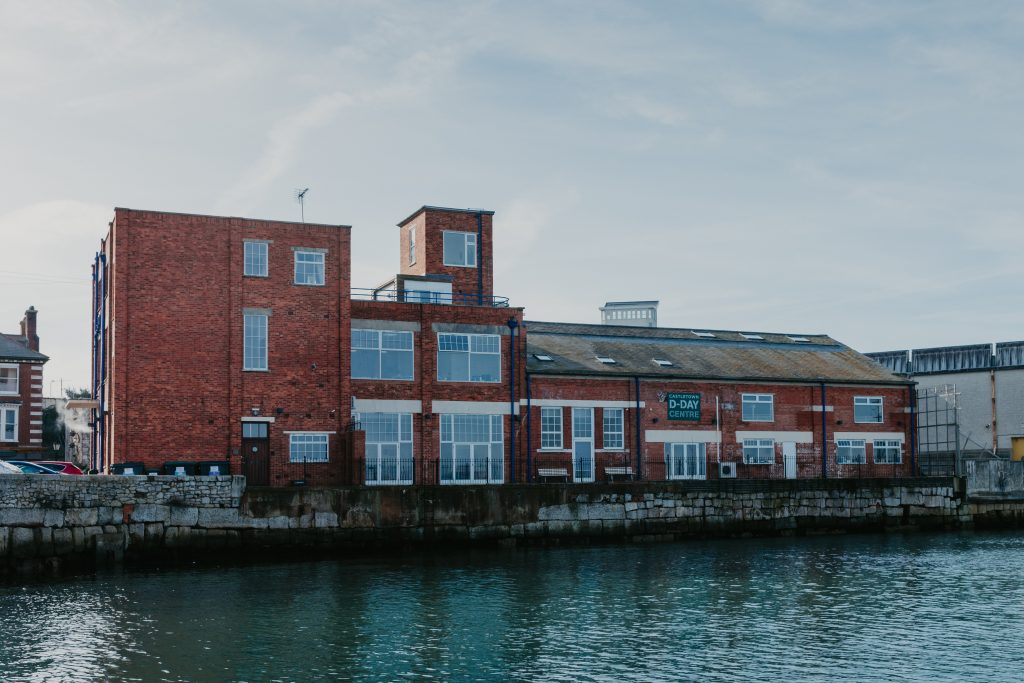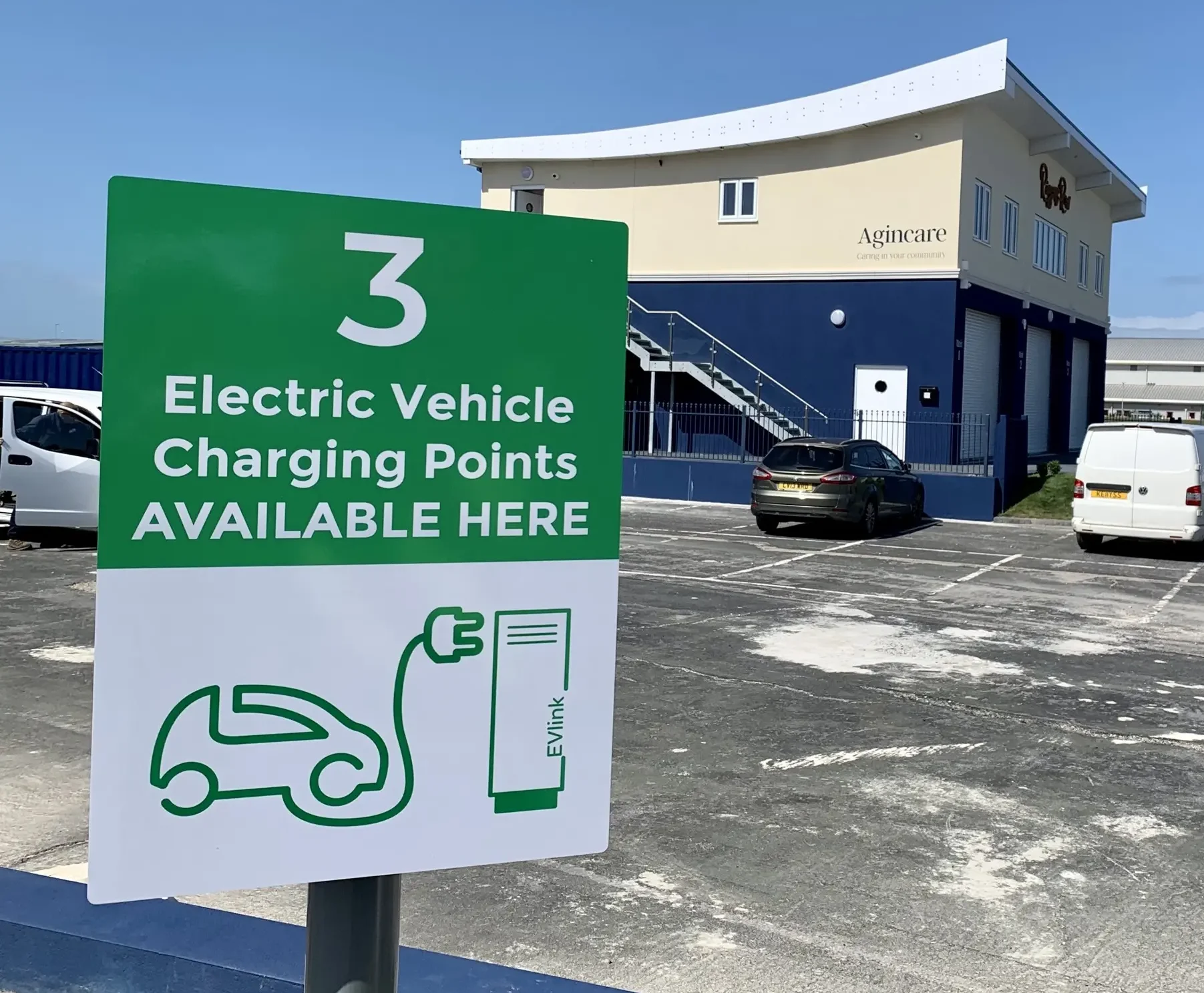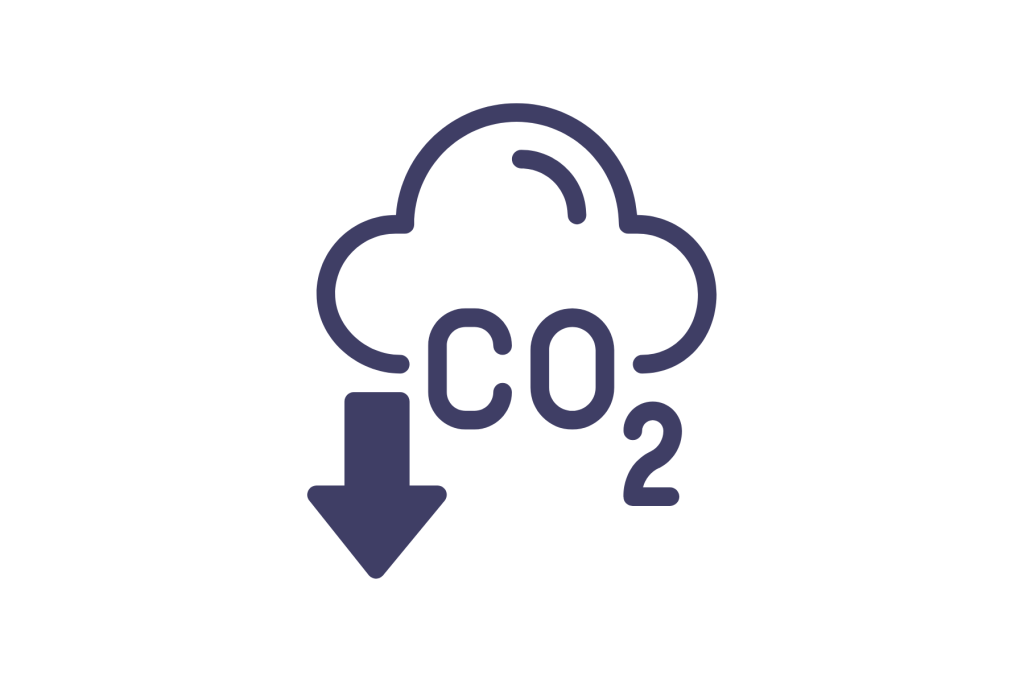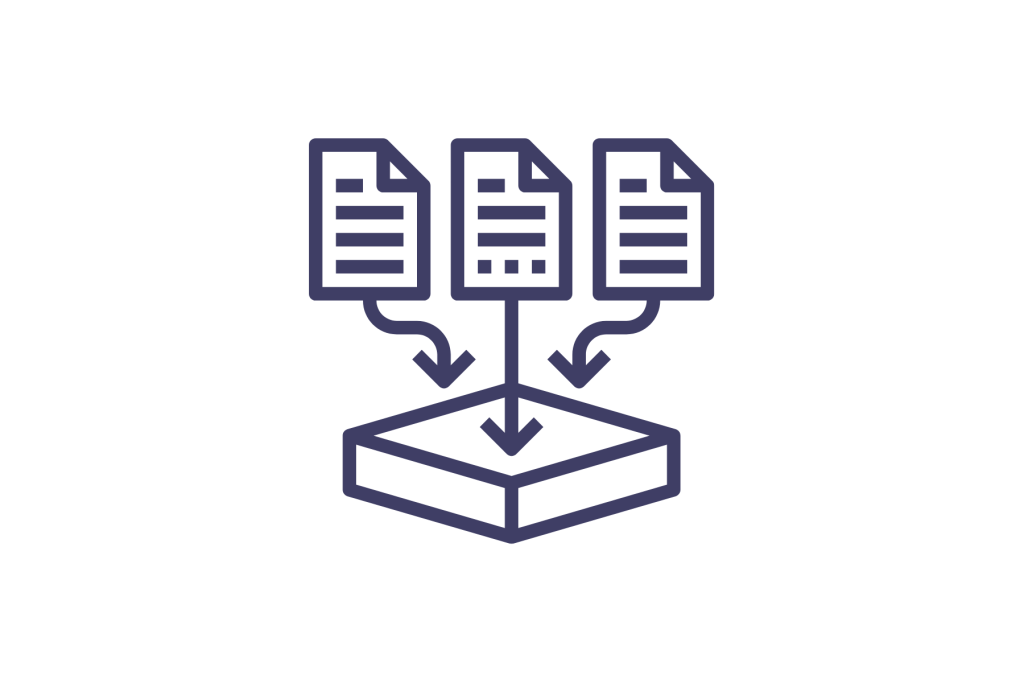By setting clear, measurable targets, we aspire to create lasting value for our stakeholders, ensure compliance with evolving regulatory frameworks, and contributing to the global effort to address climate change and social challenges.
Environmental, Social and Governance (ESG) is a set of standards measuring an organisation’s impact on the environment, society and how transparent and accountable it is. The environmental aspect focuses on how an organisation minimises its impact on the environment. Social focuses on how we positively affect wider society and workplace culture. Governance refers to the process of decision making, reporting, logistics and ethics of running an organisation.

Environmental
Continuous Improvement and Employee Engagement
We have established a five year plan committed to driving positive change across the organisation. We will implement a range of new practices designed to engage all our employees in advancing our sustainability efforts. A key focus of this is our environmental goals. Through targeted initiatives, such as optimising energy efficiency, reducing waste, and adopting greener technologies, we aim to significantly lower our environmental impact.
We are committed to complying with all relevant environmental regulations. This includes adhering to the Energy Saving Opportunity Scheme (ESOS), where we will actively identify and implement energy-saving measures, alongside meeting the requirements of annual reporting.
Additionally, we will ensure full compliance with the Streamlined Energy and Carbon Reporting (SECR) framework, which involves disclosing our energy use, carbon emissions, and related efficiency actions through annual reporting.

Energy Efficiency and Greenhouse Gas Emissions
Reducing Consumption and Emissions Across Our Operations
In 2024/2025, we will implement a series of energy efficient measures across our care homes, offices and operations to reduce our overall energy consumption and greenhouse gas emissions.
This includes promoting the use of renewable energy sources and using platforms such as OneTouch to optimise mileage efficiency. We will also encourage our employees to adopt energy saving habits.
Our primary goal is to minimise our energy usage and reduce the carbon emissions linked to our operations.
Key strategies include:
- Promoting renewable energy and energy-efficient technologies within our operations.
- Raising employee awareness of energy conservation by encouraging behaviours like car sharing and participation in cycle-to-work schemes.
- Enhancing mileage efficiency through digitised scheduling to reduce unnecessary travel.
- Establishing clear reporting mechanisms to monitor progress toward our carbon reduction and carbon-neutral goals over the next four years.
ton CO
2
Total gross emissions 2022/2023
We aim to:

Energy and Carbon
Energy and Carbon Reporting
Breakdown of emissions associated with the reported energy use (tCO2e):
| Emission Source | 2023/24 |
|---|---|
| Mandatory requirements: | |
| Scope 1 | |
| Gas | 1, 916.7 |
| Transport – company-owned vehicles | 4.7 |
| Scope 2 | |
| Purchase electricity (location-based) | 740.2 |
| Scope 3 | |
| Category 6: Business travel (grey fleet) | 1, 066.9 |
| Total gross emissions (mandatory) | 3, 728.5 |
Our reporting adheres to the 2019 UK Government Environmental Reporting Guidelines and the Greenhouse Gas (GHG) Protocol Corporate Accounting and Reporting Standard. In order to ensure the accuracy and reliability of the data presented, the 2023 UK Government GHG Conversion Factors for Company Reporting were applied in the calculation of emissions, as these factors are relevant to the majority of the reporting period.
Additionally, an independent review of this report was undertaken by Zenergi, a recognised third-party organisation, to provide assurance regarding both the data presented and the methodology employed throughout the reporting process. This review aims to reinforce the transparency and credibility of our emissions data and ensures that it meets the high standards set by the relevant environmental reporting frameworks.
of employees live within 15 miles of their main place of work

Social

Agincare adheres to the highest ethical standards, complying with all laws and regulations. We act with honesty, fairness, and transparency, prohibiting corruption, bribery, and unethical conduct. We expect the same from our employees, partners, and suppliers.

Agincare aims to positively impact the communities we serve by hiring locally, offering apprenticeships, and supporting activities like volunteering and social causes.
By recruiting locally, we reduce travel costs and support local economies. We are committed to a diverse, inclusive workplace that promotes equality, respects human rights, and provides opportunities through initiatives like the Apprenticeship Levy Fund.

We value the input and concerns of our stakeholders, including customers, employees, suppliers, and the local community. We engage with these groups to understand their needs and expectations, using their feedback in our decision-making. This collaborative approach ensures our business practices align with the interests of those we serve and work with.

Agincare is fully committed to integrating Corporate Social Responsibility (CSR) considerations into our business strategies, policies, and daily operations. To ensure continuous improvement, we will conduct regular assessments and audits to measure our progress toward CSR goals and identify areas for further enhancement.

70 nationalities represented in our workforce, including the sponsoring of circa 450 staff on Health and Social Care Visas . 9% of our workforce are sponsored. In Nov 2024, we have positively enabled people who apply and state that they have a disability, are a care leaver or are a serving or veteran member of the UK Armed forces (or reserve forces) to be automatically be sifted for interview.

We will strictly adhere to all relevant laws, regulations, and industry standards related to CSR. In line with our commitment to transparency, Agincare will provide clear and regular reporting on our CSR initiatives, highlighting our achievements and addressing any challenges we face along the way.

Governance
Agincare is committed to upholding the highest standards of governance, ensuring that our business operations are conducted ethically, transparently, and in compliance with all relevant laws and regulations.
Key areas of focus include:
- Conflicts of interest
- Bribery and corruption
- Gifts and hospitality
- Anti-money laundering
- Modern slavery, human trafficking and child labour
These governance measures form part of our broader commitment to ESG standards, guiding our organisation in promoting sustainable and ethical business practices that benefit all stakeholders.










